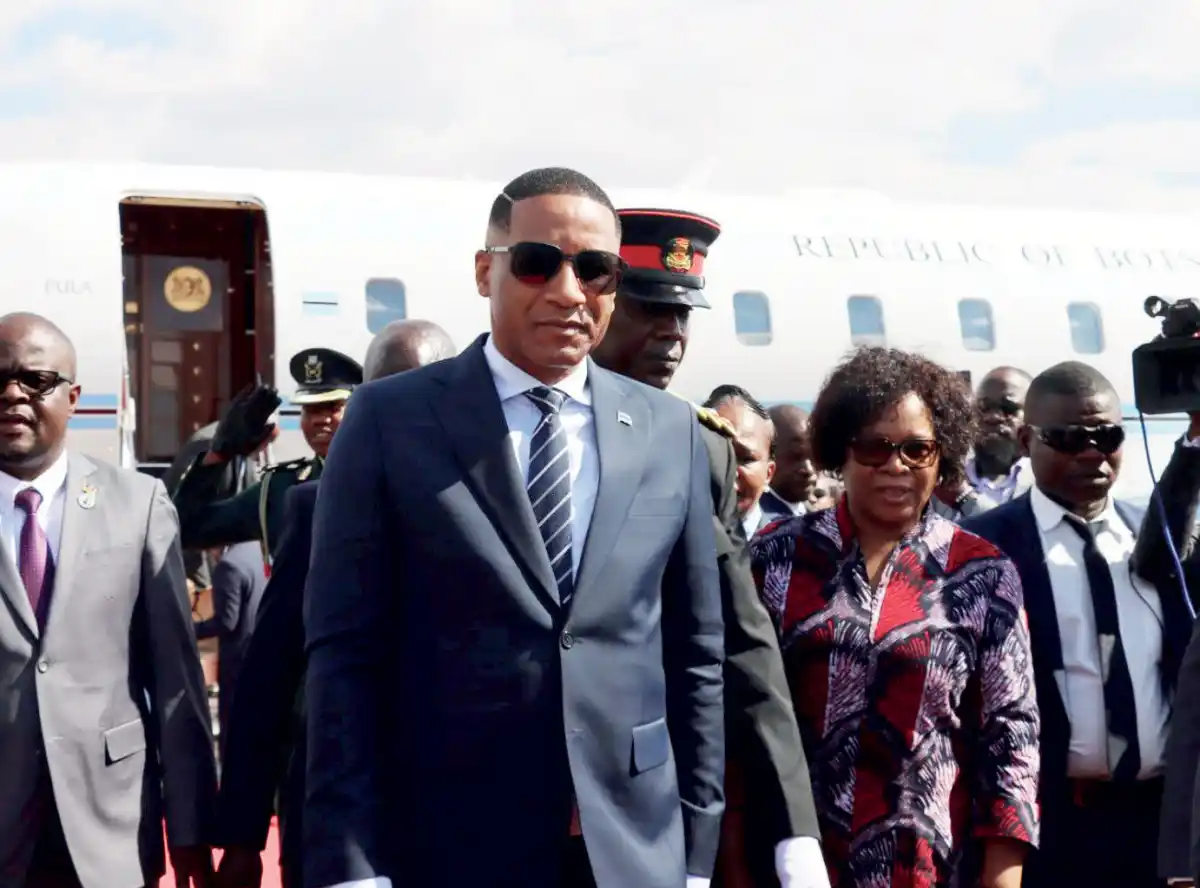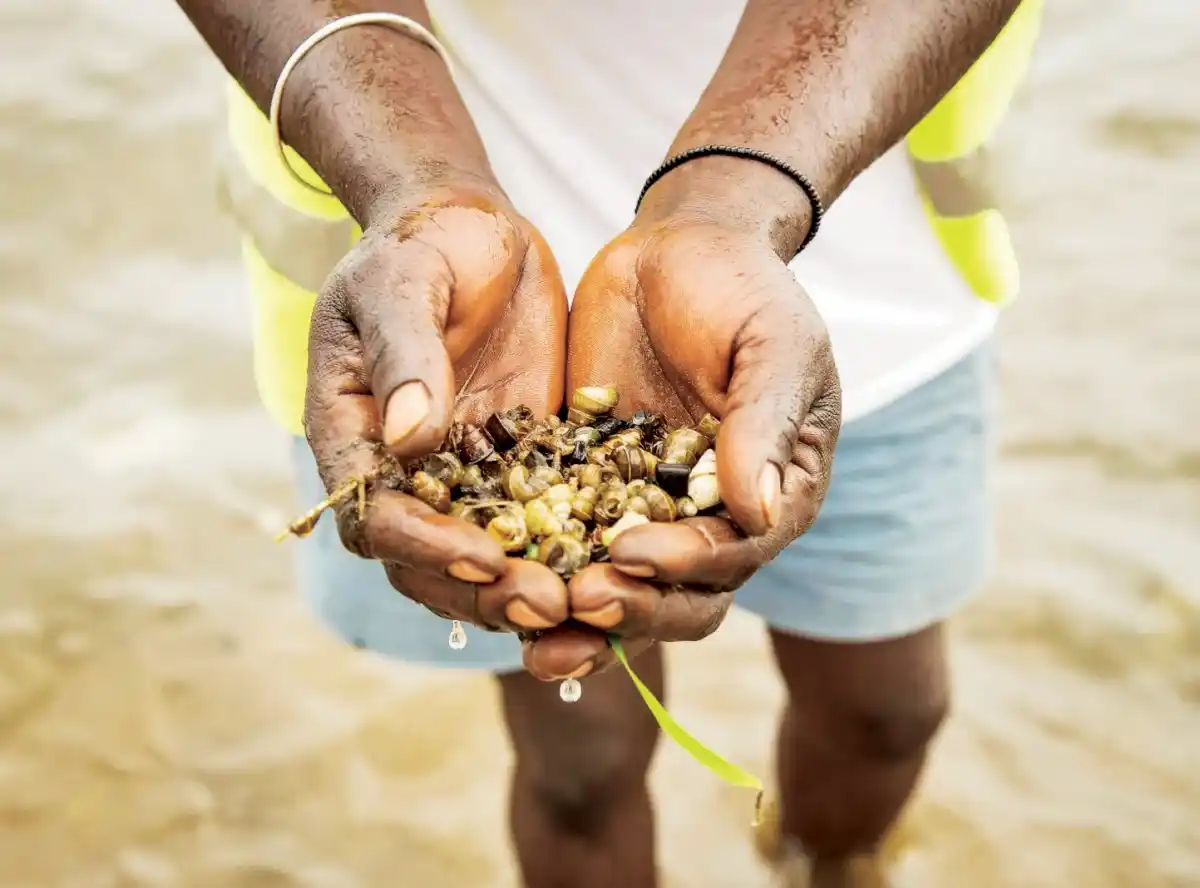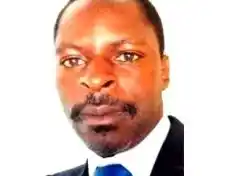
People from across the country Saturday gathered at the Bingu International Convention Centre (BICC) in Lilongwe for the National Service of Worship in commemoration of Malawi’s 61st Independence Anniversary.
The interdenominational service, which drew worshippers from various religious backgrounds, was held under the theme “Restoring Broken Foundations: Taking Malawi Forward.”
But key was the message the clergy delivered.
The Catholic Bishop of Dedza Diocese, Peter Adrian Chifukwa, delivered a stirring sermon that resonated with a nation reflecting deeply on its past—and searching for clarity on its future.
Bishop Chifukwa invoked a spiritual reckoning, urging Malawians to return to the country’s moral and divine roots.
“We thank God for the gift of resilience of this nation,” the Bishop began.
“The resilience of the people, men and women, old and youth—the gift of not ceasing to hope for a better future. This is what binds us today,” he said.
According to Chifukwa, the foundations of Malawi’s independence—achieved 61 years ago—were not simply political milestones, but also spiritual and moral ones.
“The founders of this nation knocked for a new, independent nation.
“But the independence they craved was not an end in itself. It was a journey for freedom, equality, peace, compassion, justice, and prosperity,” he said.
He called on both the government and citizenry to embrace what he described as “true patriotism,”
He said the time has come for citizens to re-anchor Malawi’s development agenda in the values of the Kingdom of God – justice, peace, responsibility and compassion.
“There is no reasonable future for us if we don’t prepare for it,” he said.
“Our future is a reflection of all well-meaning efforts, small and great, from each one of us,” he added.
He went further to suggest that Malawi’s progress hinges not only on economic policies or foreign aid but on a collective spiritual and moral reawakening—a “recollection and renewal” of national purpose.
Quoting scripture, Bishop Chifukwa challenged Malawians to ask themselves what kind of future they hope for, cautioning that a better future is not possible without deliberate positive action.
In his sermon, moderator of CCAP General Assembly Reverend Biziwick Nkhoma steeped in biblical references and nationalistic tone too.
His sermon was as much a call to faith as it was a plea for God’s mercy.
He prompted leaders and citizens alike to rethink their roles in shaping the nation’s future.
“We knock for a spirit of recollection and renewal so that we may seek for a nation that grows stronger… in unity, enjoyment of freedoms responsibly, and in the spirit of fear of God, justice and peace, opportunities for all, and prosperity,” Nkhoma said.

President Lazarus Chakwera who presided over the event, which serves as a spiritual reflection ahead of the official Independence Day celebrations scheduled for today, read scriptures from Zecharia 8: 18 to 23.
Missing at the prayers were opposition leaders including leader of opposition George Chaponda who said he was there in spirit.
The climax of the anniversary comes today with activities at Bingu National Stadium.
Among analysts, the consensus is that, 61 years after independence, Malawi has achieved milestones considerably in the area of self-governance.
But it is in the area of economy that the country is critically wanting.
World Bank Country Manager to Malawi, Firas Raad, told Malawi News yesterday that one big challenge to Malawi’s economic independence has been the lack of transformation from subsistence farming to advanced agriculture, then from advanced agriculture to manufacturing and then to a knowledge economy.
“There are also questions around saving and investment, the rates of savings and investment are very low compared to regional peers, especially those countries that have done very well,” Raad said.
He said Malawi has an ability to move from where it is currently into a middle-income country.
But that will depend on long-term reforms.
“It is only over a long period of time can you effect a real change.
Economics Association of Malawi president Bertha Bangara Chikadza said while international aid and donor support have played a significant role in addressing immediate needs, several structural issues continue to hinder long-term progress towards economic independence.
She too hinted at moral values as critical to Malawi’s economic growth.
“Governance and institutional challenges such as corruption, weak institutions and inadequate policy implementation are also a major hindrance to development.
“Aid can be largely ineffective if it is not aligned with sound policies, proper governance, and accountability,” Chikadza said.
President of Botswana, Duma Boko, who arrived in Malawi Saturday, will be guest of honour at the celebrations.








0 Comments